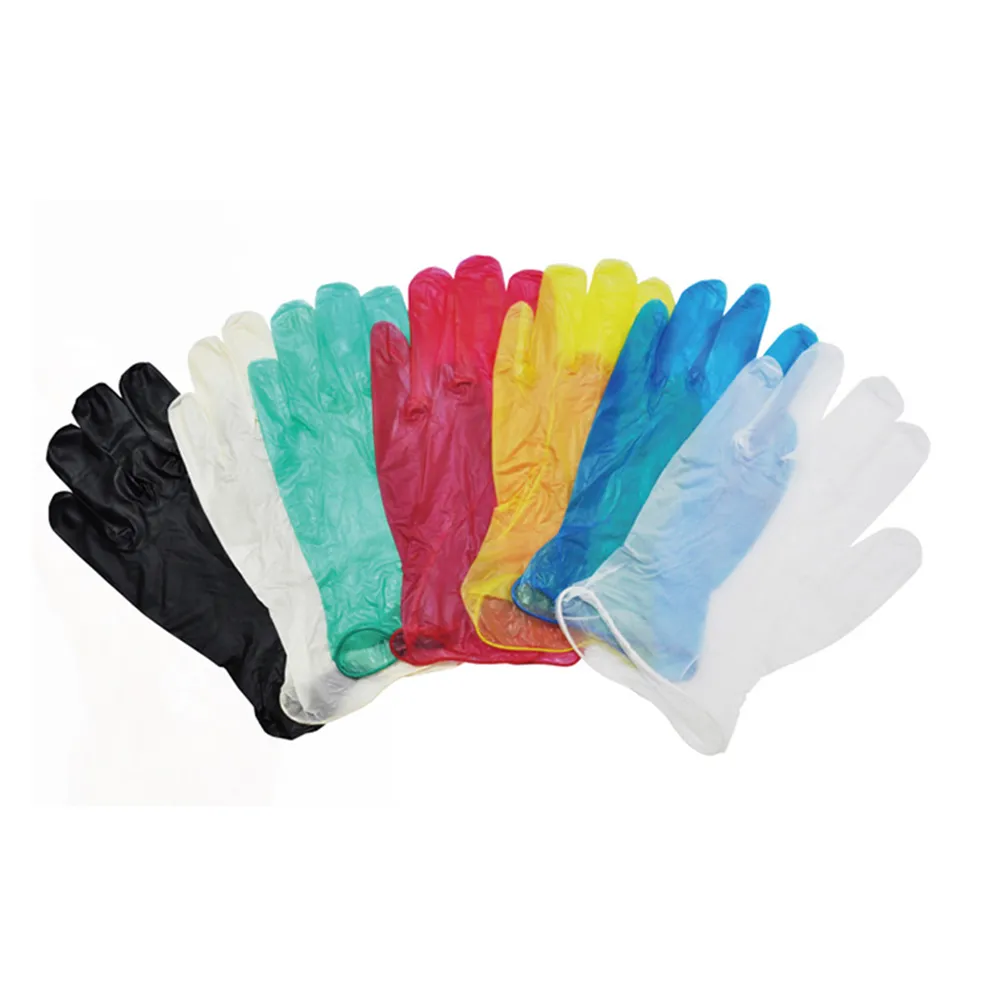Key Advantages of Thermoplastic Polyurethane (TPU) Applications
Thermoplastic Polyurethane (TPU) is a versatile material known for its unique properties that make it suitable for a wide range of applications. Its flexibility, durability, and adaptability have made it a popular choice across various industries. In this blog post, we’ll explore the key advantages of TPU applications and why this material stands out.
What is Thermoplastic Polyurethane (TPU)?
Thermoplastic Polyurethane (TPU) is a class of polyurethane plastics with many useful properties, including elasticity, transparency, and resistance to oil, grease, and abrasion. TPU is widely used in both consumer and industrial applications due to its versatile nature.
Advantages of TPU Applications
1. Exceptional Flexibility and Elasticity
TPU is highly flexible and elastic, making it ideal for applications requiring movement and flexibility. This property is particularly beneficial in products like phone cases, sportswear, and flexible hoses.
2. High Abrasion Resistance
One of the standout features of TPU is its high resistance to abrasion. This makes it an excellent choice for applications that undergo significant wear and tear, such as conveyor belts, automotive components, and footwear.
3. Excellent Mechanical Properties
TPU exhibits superior mechanical properties, including high tensile strength and elongation at break. These properties ensure that products made from TPU are durable and can withstand heavy loads and stress.
4. Chemical and Oil Resistance
TPU is resistant to many chemicals, oils, and solvents, making it suitable for use in harsh environments. This property is essential for applications in the automotive and industrial sectors, where exposure to such substances is common.
5. Transparency and Aesthetic Appeal
TPU can be made transparent, which is beneficial for aesthetic applications. This transparency, combined with its ability to be colored and molded into various shapes, makes TPU a popular choice in consumer goods, such as fashion accessories and electronics.
6. Recyclability and Environmental Benefits
TPU is recyclable, which contributes to its appeal as an environmentally friendly material. The ability to recycle TPU means that products can be reprocessed and reused, reducing waste and promoting sustainability.
7. Versatility in Processing
TPU can be processed using various methods, including injection molding, extrusion, and blow molding. This versatility in processing allows manufacturers to create a wide range of products with complex designs and structures.
Applications of TPU
1. Calçados
TPU’s durability and flexibility make it ideal for manufacturing shoe soles and other footwear components, providing comfort and longevity.
2. Automotive Parts
In the automotive industry, TPU is used for various parts, including instrument panels, airbags, and interior trims, due to its resilience and aesthetic properties.
3. Dispositivos médicos
TPU is utilized in medical devices and equipment, such as catheters and tubing, because of its biocompatibility and ability to be sterilized.
4. Consumer Electronics
TPU is widely used in protective cases for smartphones, tablets, and other electronic devices, offering protection and durability without compromising on aesthetics.
Conclusão
Thermoplastic Polyurethane (TPU) stands out as a versatile and reliable material, offering numerous advantages across various industries. Its exceptional flexibility, durability, and environmental benefits make it a preferred choice for manufacturers and consumers alike.







